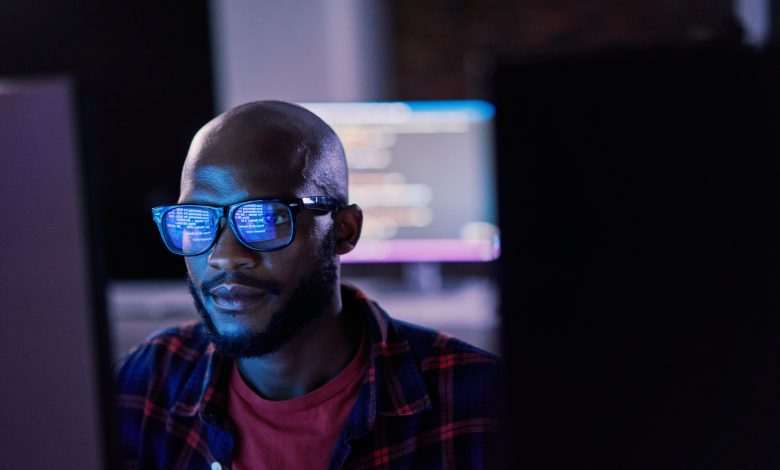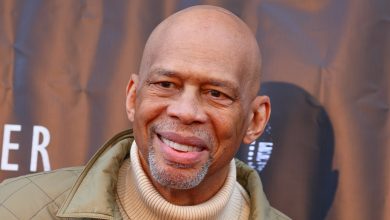Are CEOs Replacing Junior Hires With AI? One Goldman Sachs Leader Says It’s Already Happening


The impact of generative AI on the U.S. labor market is already visible in employment data, with signs of a hiring slowdown in the tech sector — especially among younger workers.
On the Aug. 5, 2025, episode of the “Goldman Sachs Exchanges” podcast, Joseph Briggs, senior global economist at Goldman Sachs, noted that most companies have yet to implement AI in production cases, so its broader effect on the job market remains limited, according to CNBC.
Still, current trends offer a sneak peek at what’s to come.
“If you look at the tech sector’s employment trends, they’ve been basically growing as a share of overall employment in a remarkably linear manner for the last 20 years,” Briggs said, per CNBC. “Over the last three years, we’ve actually seen a pullback in tech hiring that has led it to undershoot its trend.”
As highlighted in “Quantifying the Risks of AI-Related Job Displacement,” a recent report co-authored by Briggs, unemployment among tech workers aged 20 to 30 has risen by 3 percentage points since the start of the year — a sharper increase than in the broader tech sector or among other young workers.
George Lee, former technology banker and current co-head of the Goldman Sachs Global Institute, said on the podcast that CEOs are pausing junior hiring as they begin deploying AI.
“How do I begin to streamline my enterprise so I can be more flexible and more adaptive… yet without harming our competitive edge?” Lee said, per CNBC. “Young employees for this period of time are a little bit the casualty of that.”
Entire industries are forced to confront the rise of generative AI, as these models rapidly become capable of handling routine tasks. Over the past year, tech companies have cut thousands of jobs while ramping up AI investments, AFROTECH™ previously reported.
“Beyond the Buzz,” a report by labor market analytics firm Lightcast, analyzed over 1.3 billion job postings and found that while some tech roles are declining, demand for AI skills is growing in marketing, education, finance, and human resources, Forbes noted.
Automation is also replacing roles in software development, IT support, and administration, affecting up to 80,000 workers. Lightcast data reinforces the shift: AI-skilled IT and computer science jobs dropped from 61% of postings in 2019 to 49% in 2024, as AI hiring expands beyond traditional tech departments.
As AFROTECH™ told you, Goldman Sachs is also in the process of testing Devin, an AI-powered full-stack software engineer from startup Cognition. The AI engineer handles complex, multi-step tasks in its entirety — from writing code to fixing bugs and building applications — with minimal human help.
Goldman Sachs is the first major bank to use this tool, which it expects will increase developer productivity by three to four times compared to older AI devices. The goal? To boost productivity across its 12,000 developers and potentially roll out thousands of AI engineers if successful.
Chief Information Officer Marco Argenti views Devin as a new collaboration between humans and machines, saying it’s not a replacement for developers, but a reimagining of their roles.
“It’s really about people and AIs working side by side,” Argenti told CNBC, per AFROTECH™. “Engineers are going to be expected to have the ability to really describe problems in a coherent way and turn it into prompts… and then be able to supervise the work of those agents.”
Despite increasing automation, employers continue to prioritize human skills like communication, leadership, problem-solving, and research in AI-related job listings.
“While generative AI excels at tasks like writing and coding, uniquely human abilities — such as communication, management, innovation, and complex problem-solving — are becoming even more valuable in the AI era,” the Lightcast report says, per Forbes.




